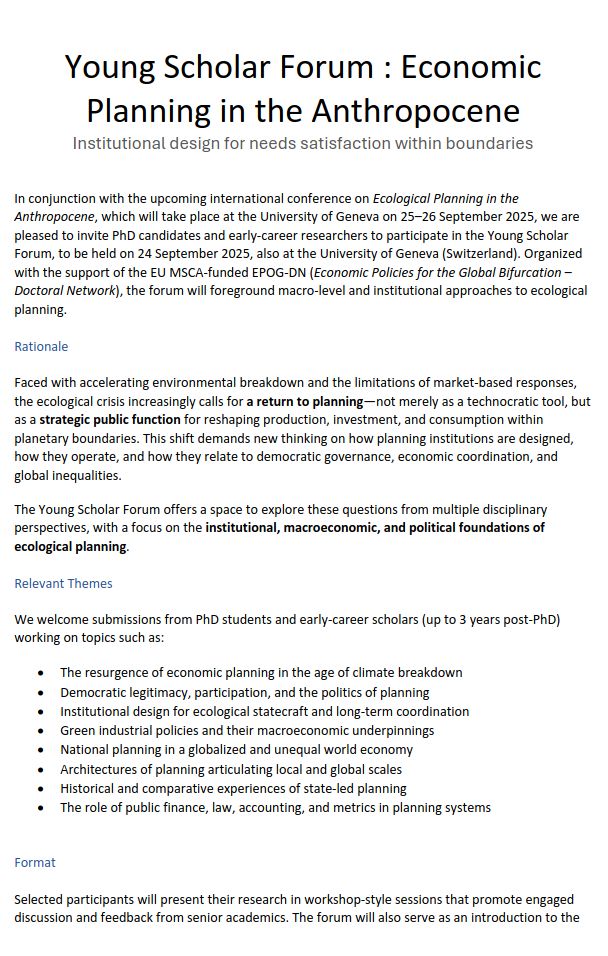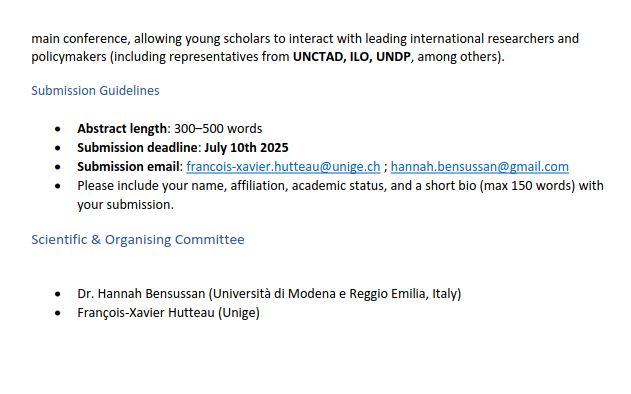
Associate Professor of Political Economy, University of Geneva.

The transformation explains the decline and stagnation in the overall productivity which has not followed the economic recovery of the past decade. 2/8
Reposted by Prokla Redaktion
➡ tinyurl.com/4py3pbav

Reposted by Michalis Nikiforos

➡ tinyurl.com/4py3pbav
Reposted by Michalis Nikiforos




Reposted by Michalis Nikiforos


Reposted by Michalis Nikiforos

@mnikiforos.bsky.social www.ineteconomics.org/perspectives...
www.postkeynesian.net/working-pape...

